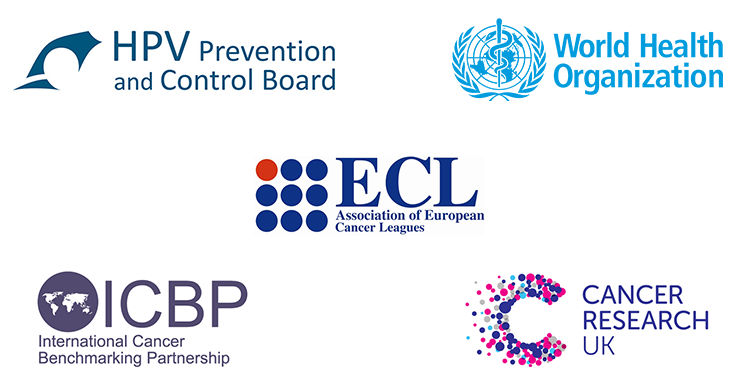The International Partnership for Resilience in Cancer Systems (I-PaRCS) , formerly the COVID-19 and Cancer Global Modelling Consortium (CCGMC), brings together the global community to support decision-making in cancer control. The key partners are the International Agency for Research on Cancer (IARC), the International Cancer Screening Network (ICSN), the Canadian Partnership Against Cancer (CPAC) and the Daffodil Centre (a joint venture between the University of Sydney and Cancer Council NSW). The Daffodil Centre is the coordinating centre for I-PaRCS.
We are connecting teams who are working in the cancer control space in various countries, in a collaborative effort to strengthen cancer systems response upon various health systems challenges caused by existing and emerging infectious diseases. In partnership with IARC, we are also developing an Elimination Planning Tool which will be hosted by IARC as part of the Global Cancer Observatory. In the first instance, the Elimination Planning Tool will focus on cervical cancer, and will allow countries to understand the implications of various policy decisions towards achieving cervical cancer elimination goals and targets. This tool can also be used to effectively advocate for greater investment at a regional, country and international level towards implementation of cervical cancer elimination plans.
We have now received over 300 registrations through the online EOI, with representation across more than 38 countries, covering a wide range of specialties with interest across the three different dimensions of work – impact on cancer treatment, screening and cancer prevention.
Cross-cutting across working groups to access expertise to inform modelling of impact disruptions or changes in cancer services across the continuum








Contact us
+61 2 9334 1412
iparcs@nswcc.org.au
Copyright (c) 2024. International Partnership for Resilience in Cancer Systems.
Website managed by Cancer Council NSW.
Privacy policy